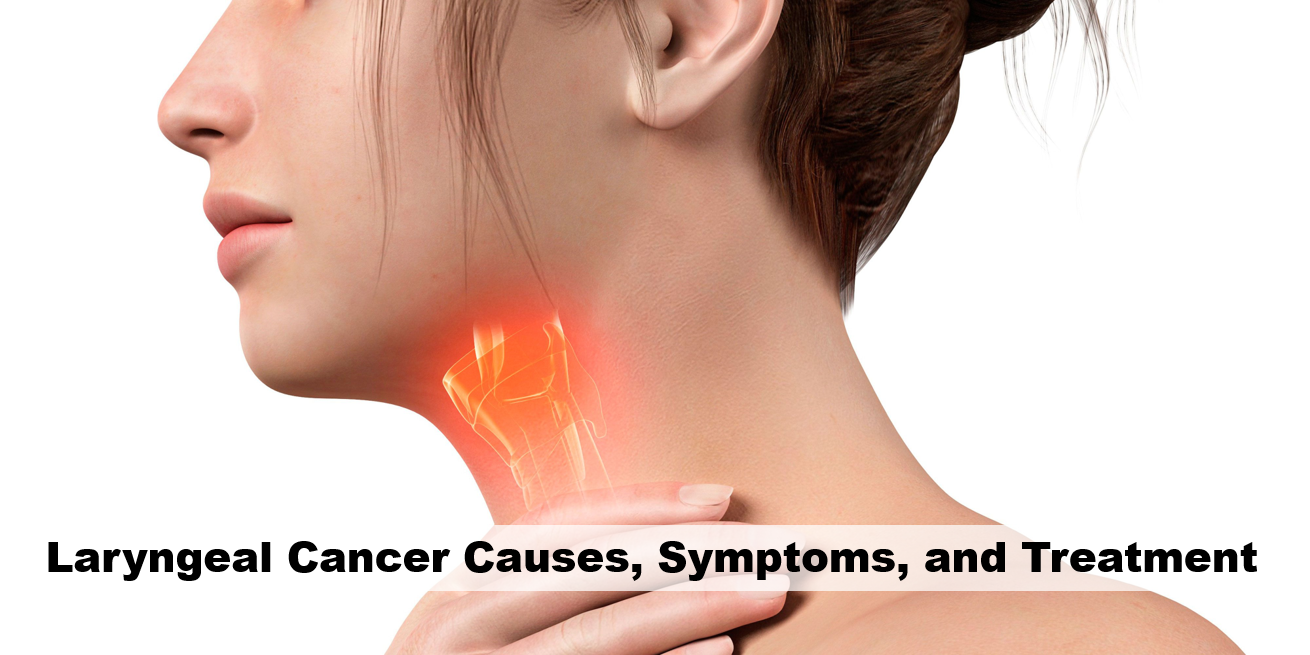10 Myths Known As Prostate Cancer

10 Myths Known As Prostate Cancer
Prostate is one of men’s nightmares, prostate cancer is their nightmare. In fact, benign prostate enlargement is a natural result of the aging process. Therefore, it is very important to have accurate information about this natural process and to have the necessary examinations on time. Thus, there is no need to be afraid of unnecessary fears.
Prostate cancer is known as the “disease of the old men.” However, although prostate cancer is mostly seen in older men, the majority of patients are men aged 50 and younger. Moreover, most of the men have false information such as “no complaints, no prostate cancer”. For this reason, it is very important and life-saving for men to be under urologist follow-up, especially after a certain age, as each woman has a gynecologist.
So what are the 10 mistakes in prostate cancer?
Prostate is one of men’s nightmares, prostate cancer is their nightmare. In fact, benign prostate enlargement is a natural result of the aging process. Therefore, it is very important to have accurate information about this natural process and to have the necessary examinations on time. Thus, there is no need to be afraid of unnecessary fears.
Prostate cancer is known as the “disease of the old men.” However, although prostate cancer is mostly seen in older men, the majority of patients are men aged 50 and younger. Moreover, most of the men have false information such as “no complaints, no prostate cancer”. For this reason, it is very important and life-saving for men to be under urologist follow-up, especially after a certain age, as each woman has a gynecologist.
Is prostate cancer a disease of old men?
Mostly yes, but the majority of patients are men aged 50 and younger.
If there is no complaint, is there no prostate cancer?
False. Prostate cancer is one of the cancers with the least complaints. There are no complaints, especially in early cancers.

Doesn’t prostate cancer progress too fast to fear?
It is true that some prostate cancers tend to progress slowly. However, a significant number of diseases can be very aggressive and rapid.
I don’t have prostate cancer in my family, do I need to worry?
False. Although family history and some races increase the risk of prostate cancer, many patients have no family history of prostate cancer or are unknown.
Is PSA a cancer test?
Not exactly. PSA is not an antigen from cancer, but an antigen secreted by the prostate. As in cancer, PSA elevation can be seen in non-cancer prostate problems.
If there is high PSA cancer, does low PSA mean no cancer?
In addition to the cancer raising the PSA level frequently, the PSA level is low in some prostate cancer cases. Some conditions, such as prostatitis, can cause very high PSA readings even though they are not cancer.
Does the PSA test replace the examination?
The biggest mistake. Especially, the only chance of being diagnosed in cancers that do not increase PSA is through examination. If we only rely on PSA, we would miss about a quarter of prostate cancers.
Does prostate cancer treatment necessarily cause urinary incontinence or impotence?
It is true that the most common problems that can be seen after prostate cancer surgery or radiation therapy are the possibility of urinary incontinence and impotence. However, these problems are rarely seen today in advanced technical methods and experienced hands.
Can prostate cancer be transmitted to my partner or others?
False. Prostate cancer is definitely not an infectious disease like an infectious disease. As a result, it is not possible to be transmitted through sexual intercourse.
Do certain foods and excessive sexual intercourse cause prostate cancer?
These are subjects of no scientific value other than rumors. Nowadays, other rumors should not be taken into account in terms of prostate cancer risk, apart from harmful habits such as genetics and smoking.





